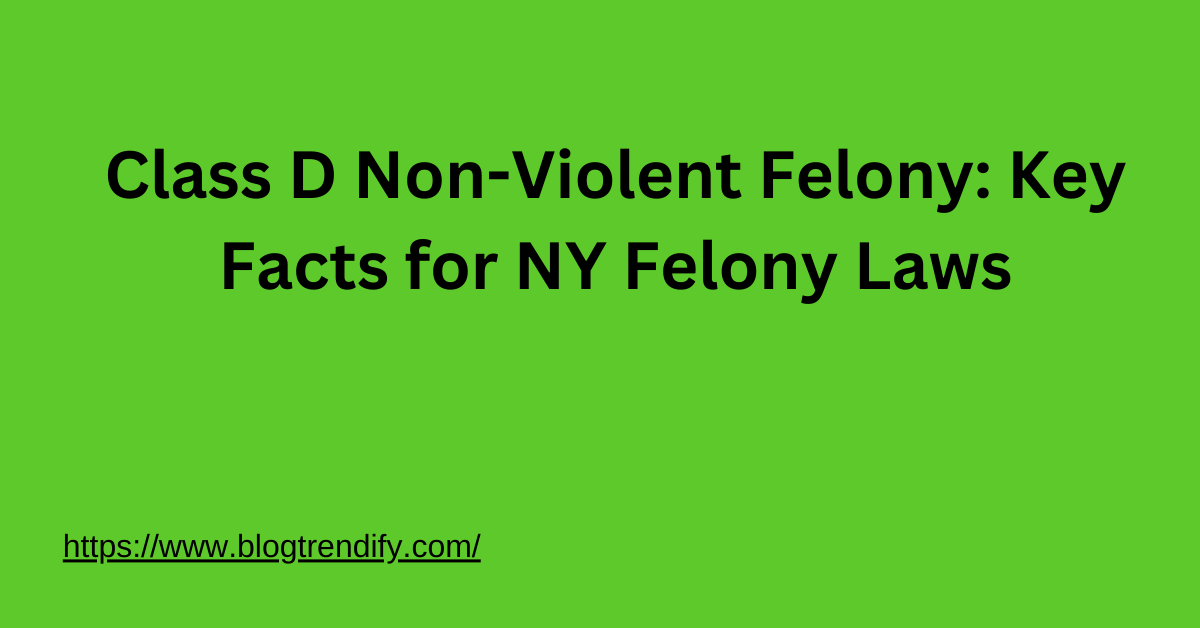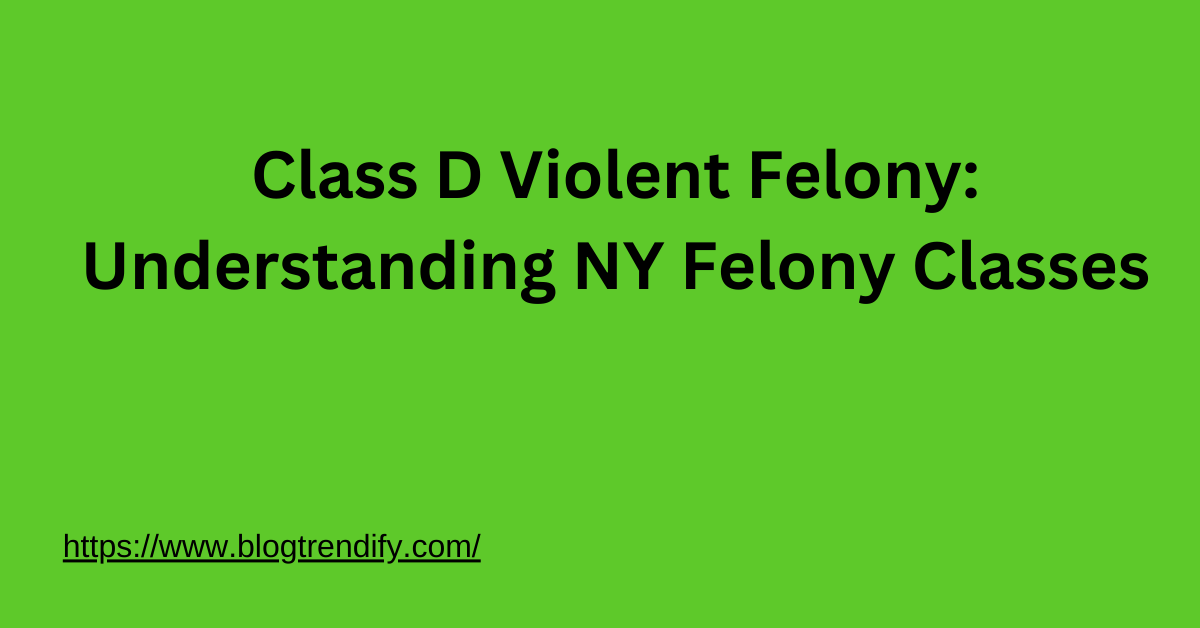Introduction
Table of Contents
ToggleClass C non-violent felonies in New York involve serious criminal offenses that typically do not include direct physical harm to individuals. These felonies range from financial crimes to drug-related offenses and carry significant legal consequences, including fines, imprisonment, and long-term societal repercussions. This article provides a comprehensive guide to understanding Class C non-violent felonies in New York.
What Are Class C Non-Violent Felonies?
Class C non-violent felonies represent a mid-level category of crimes. While these offenses do not involve violence, they often have a substantial impact on property, finances, or public safety. Convictions for these felonies can result in serious penalties, including prison sentences of up to 15 years.
Examples of Class C Non-Violent Felonies in NY
1. Arson in the Third Degree
Arson in the third degree involves intentionally setting fire to a building or property without the owner’s consent, causing damage.
2. Bribe Receiving in the Second Degree
Occurs when a public official accepts bribes to influence their decisions unlawfully.
3. Bribery in the Second Degree
This refers to offering bribes to public officials in exchange for illicit favors or actions.
4. Computer Tampering in the First Degree
This offense involves the unauthorized manipulation of computer systems, often resulting in significant financial or operational harm.
5. Criminal Diversion of Prescription Medications in the First Degree
Refers to the illegal sale or distribution of prescription drugs, typically for profit.
6. Criminal Possession of a Controlled Substance in the Fourth Degree
Involves possessing narcotics or other drugs in quantities above the legal limit, signifying intent for distribution.
7. Criminal Possession of Stolen Property in the Second Degree
Occurs when an individual knowingly possesses stolen property valued at $50,000 or more.
8. Criminal Sale of Marijuana in the First Degree
This offense involves the sale of more than 16 ounces of marijuana to another person.
9. Grand Larceny in the Second Degree
Involves theft of property or money exceeding $50,000 in value.
10. Forgery in the First Degree
This crime includes creating, altering, or using false documents with intent to defraud.
11. Insurance Fraud in the Second Degree
Refers to intentionally submitting false information to insurance providers for financial gain, involving claims exceeding $50,000.
12. Vehicular Manslaughter in the First Degree
Occurs when an individual causes another person’s death while operating a vehicle under the influence of drugs or alcohol.

Penalties for Class C Non-Violent Felonies
1. Prison Sentences
- Standard penalties range from 3.5 to 15 years in prison.
- Judges may consider mitigating or aggravating factors when determining sentences.
2. Fines
- Offenders may face fines of up to $15,000 depending on the severity of the offense.
3. Restitution
- Defendants may be required to pay restitution to victims for financial losses.
Legal Defenses for Class C Non-Violent Felonies
1. Lack of Intent
A defense may argue the absence of criminal intent, especially in cases involving property crimes or fraud.
2. Insufficient Evidence
Challenging the prosecution’s evidence can lead to reduced charges or case dismissal.
3. Duress or Coercion
Defendants can argue that they committed the crime under extreme pressure or threats.
4. Violation of Rights
Evidence obtained through illegal searches or violations of constitutional rights may be excluded.
Importance of Legal Representation
Defending against a Class C non-violent felony requires experienced legal counsel. A skilled attorney can negotiate plea deals, challenge evidence, and advocate for reduced sentencing or alternative resolutions.
Conclusion
Class C non-violent felonies in New York encompass a wide range of offenses with serious legal implications. Understanding the specific crimes, penalties, and available defenses is critical for navigating these charges. Seeking knowledgeable legal representation can make a significant difference in the outcome of your case.
FAQs
1. What is the difference between non-violent and violent felonies?
Non-violent felonies do not involve physical harm to individuals, whereas violent felonies do.
2. Can Class C non-violent felony charges be reduced?
Yes, charges can sometimes be reduced to misdemeanors or lesser felonies through plea bargaining or insufficient evidence.
3. What is the statute of limitations for these felonies?
In New York, the statute of limitations for most Class C non-violent felonies is typically 5 years.
4. Can someone convicted of a Class C non-violent felony avoid jail time?
In some cases, alternative sentencing options like probation or community service may be available.
5. Are Class C non-violent felonies eligible for expungement?
Eligibility depends on the specific crime and New York state law regarding record sealing and expungement.




